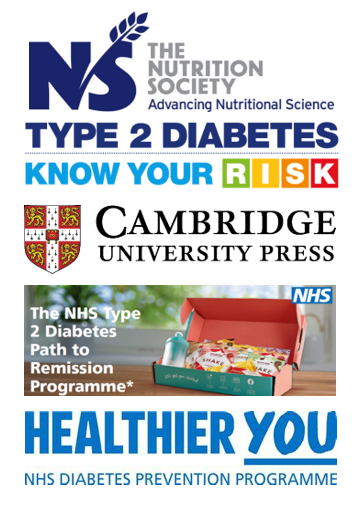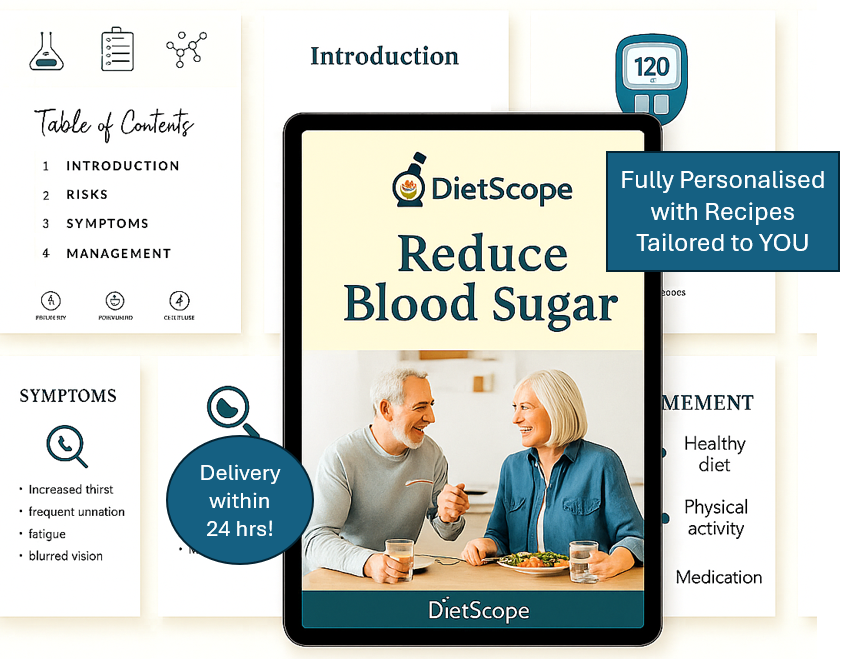
At DietScope we know diabetes inside out. With years of experience guiding hundreds of patients through the NHS Diabetes Prevention Programme (and the intensive remission programme), we’ve seen first-hand the power of some manageable tweaks to get your blood sugar back down in the healthy range.
Extensive experience in diabetes prevention and management puts you in safe hands.
Worked with & featured by…
Warm Welcome to DietScope!
Hi there! I’m Natalie, a Medical Nutritionist and founder of DietScope, which was set-up after taking thousands of patients successfully though the NHS Diabetes Prevention Programme. However the in person programme isn’t suited well to a lot of people, and as such the retention numbers aren’t great (only 1 in 5 patients complete the NHS programme!!), for many reasons, including:.
Programme length - Information is usually drip-fed over 9 months and that’s a lot of commitment, especially for those are keen to get their blood sugar down quickly.
Travelling to and from the venue - Can become a chore over time, and expenses are not covered, so while a free service it can end up costing money regardless.
Relevance - Due to large classes of around 30 patients, the information can be very generic to cover every circumstance, and so people feel they are wasting their time.
Comfort - Sessions can also be held in a cold hall on uncomfortable seats for 2 hours every fortnight - which obviously isn’t an ideal learning environment, and often patients must take part in exercise sessions as a group, which doesn’t appeal to everyone.
Dignity - Usually patients queue up to be weighed each session, which can feel degrading and also detracts from the message of the programme (as blood sugar can be reduced regardless of weight, and body-weight often isn’t the cause of the rising blood sugar).
For one reason or another the vast majority of patients who enlist in the NHS Diabetes Prevention Programme drop-out before the half-way point. This is why I’ve moved away from that model and offer a bespoke alternative: Reduce Blood Sugar Home Guidebook - with a PERSONALISED weekly meal plan - Just £24.99!!
Receive a guidebook to all of the information you would learn throughout the Diabetes Prevention Programme, along with a 100% PERSONALISED meal plan just for you; to get your blood sugar back down to healthy levels in a tasty and sustainable way. Just let us know what you enjoy eating and our diet experts will send you your bespoke plan within 24 hours! We can work around all allergies, intolerances and preferences to ensure your plan is suited to you rather than the usual generic suggestions that can do more harm than good in many cases.

“I loved the recipe sheets and having the knowledge to avoid false information online, it was so confusing before but now I know exactly what to do and such a bargain!”
“I didn’t have the time to spend 9 months on the NHS programme and wanted personal recipes, so DietScope was ideal for me, I had all the information I needed the same day!!”



